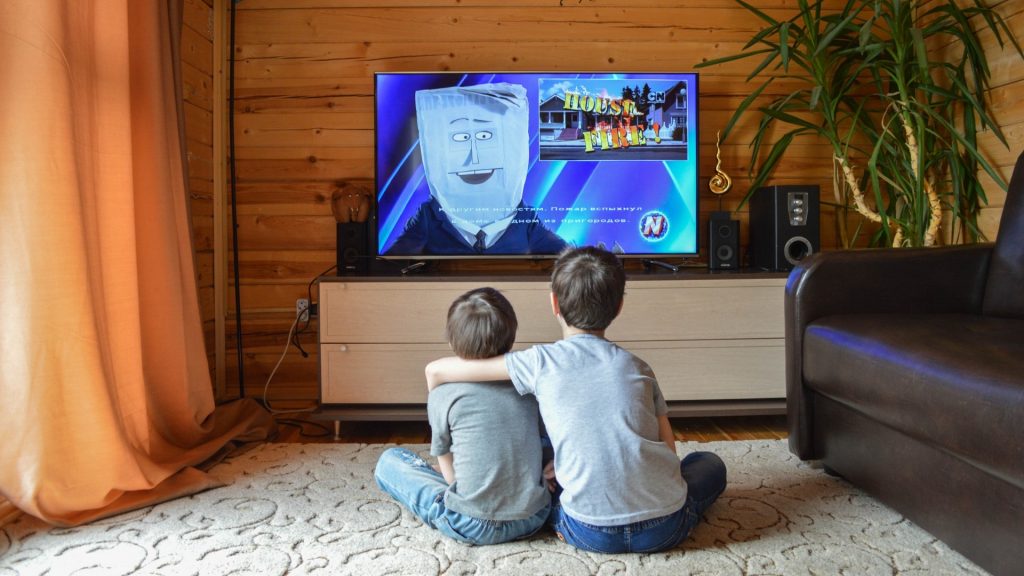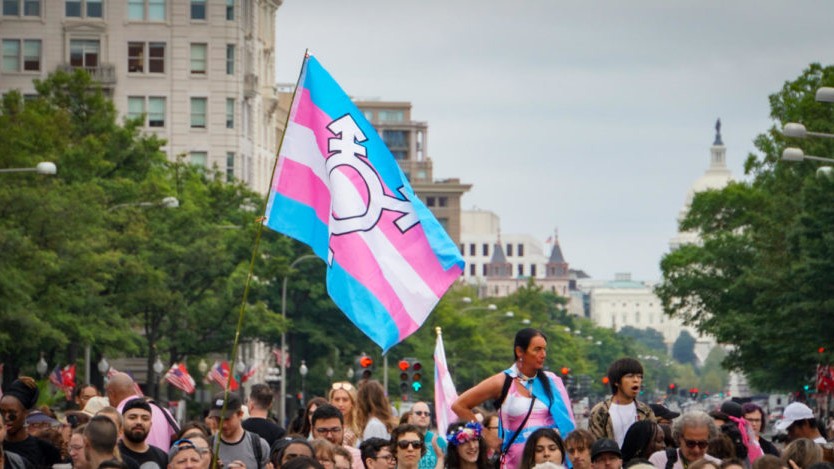Senators Push For Parental Warnings On Kid TV Shows Discussing Gender Issues
Senators are calling on the TV monitoring board to change parental guidelines and warn about kid's programs the discuss gender issues.

As America grows to be more inclusive and accepting of LGBTQ+ rights, so does the outcry and pushback from concerned parents that feel that these activists are taking things too far, and pushing their gender ideologies on children at a younger age. Because of this, there is a growing case for these parents, who are fighting harder than ever to make sure their children aren’t being exposed to gender identity content unknowingly. This is exactly why a group of state senators is now calling on the television monitoring board to extend their rating system with a TV parental guidelines warning that covers that would warn parents of these issues.
Deadline reports that U.S. Senator Roger Marshall is pushing for this to warn parents about any potential content found on children’s programs that may relate to a desire to be another gender than what they were born. The two-page letter sent earlier this month was backed by multiple other Republican senators. Likewise, the request for these new TV parental guidelines mirrored sentiments that have arisen in wake of the controversial new legislation signed into law in Florida, which bans sexual orientation discussions for young children in schools.
More than 20 years ago, the monitoring board implemented a content rating system designed to offer TV parental guidelines warning against children’s shows that may depict explicit sexual content, graphic violence, and profanity on screen. Now, these Senators want them to expand on this to include gender identity issues. Within their letter to the board, the senators discussed the need claiming that children’s programs are promoting gender dysphoria, saying it is being “sensationalized” through popular media. They made note of behemoth companies like Disney, who have been accused of doing this in the wake of the company’s disapproval of Florida’s recent legislation. They also used the word “predator” to describe media execs who place gender identity topics into children’s programs.
After Disney openly came out against the new Florida law, state lawmakers, activists, and Governor Ron DeSantis targeted the Mouse House, and released information they reported was proof that the company was grooming children to become transgender or gay. They even helmed the viral hashtag, #boycottdisney, to bring more attention to the matter and reach more families. With this being the focus of the senators’ attention in calling for a change in TV parental guidelines, Disney has, in fact, vowed to implement LGBTQ+ topics into their programming and movies.
There is no denying that there has been an increase in the number of children’s programs that depict some form of LGBTQ+ representation. It was nearly non-existent to find a children’s show that discussed these topics before 2010, but more and more are implementing characters that identify as a member of that community in some way. However, the majority of programs promoting these contentious views tend to focus on gay and lesbian representation. That’s not to say transgenders are not depicted, as newer shows like Star Trek: Prodigy and The Owl House include non-binary characters. Still, many feel their inclusion doesn’t call for a need for more TV parental guideline warnings.

This matter of lawmakers looking to impose strict TV parental guidelines on more children’s programs sheds light on the growing culture war consuming Americans. To LGBTQ+ activists, the increase in representation for younger children is seen as a positive thing, as they claim they are trying to end the stigma around being gay and transgender. But to opposers, it’s a form of grooming or indoctrination, that is attempting to confuse children about their sexual orientation or gender identity. The TV Guidelines board has yet to make any formal statement on whether or not they plan to implement any changes to their warnings.



